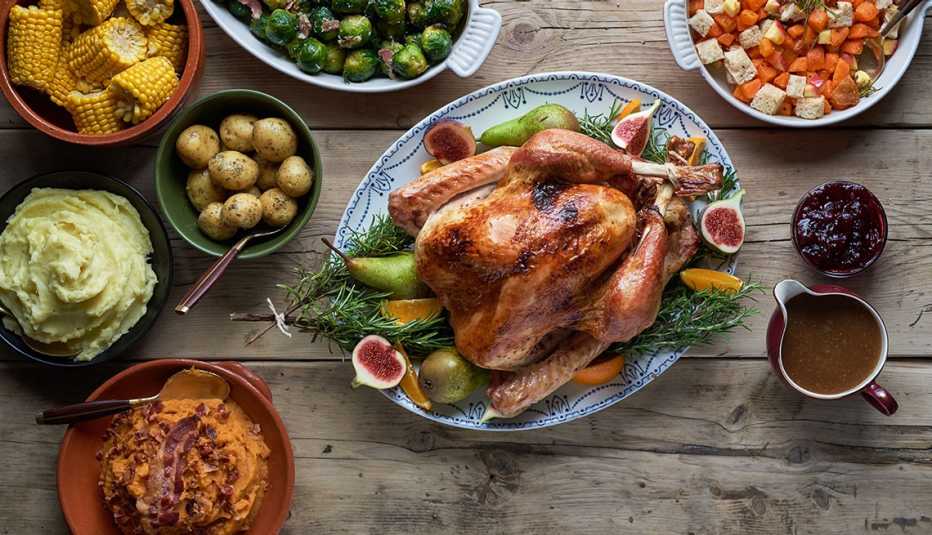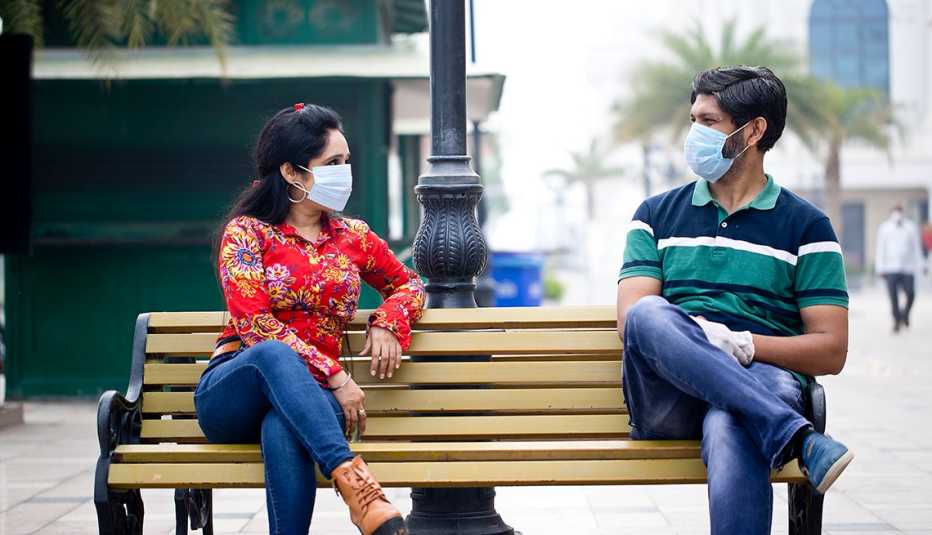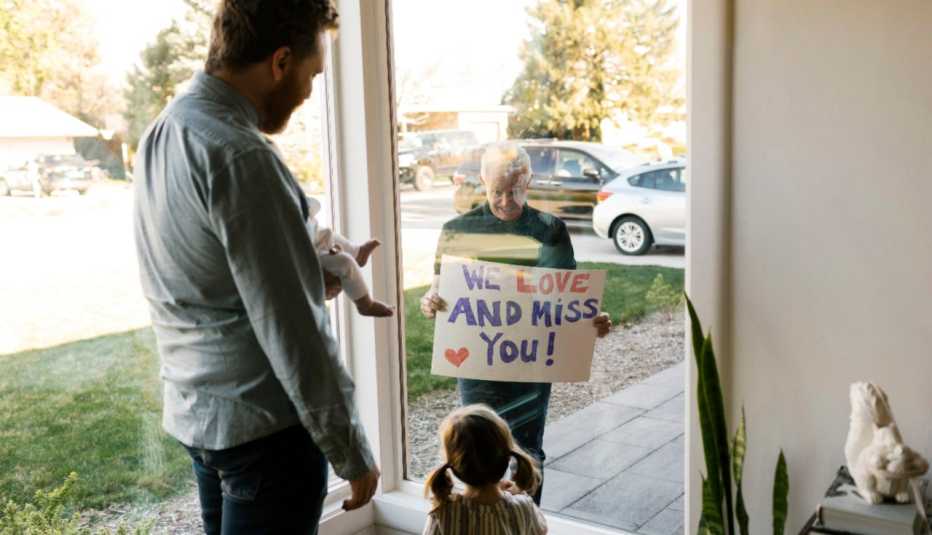Staying Fit
With cases of COVID-19 rising across the country, Thanksgiving and other holidays will look very different — likely much smaller — this year.
The Centers for Disease Control and Prevention has classified big Thanksgiving gatherings as high-risk activities. Anthony Fauci, one of the nation's top COVID-19 medical experts and the director of the National Institute of Allergy and Infectious Diseases, has warned that coronavirus cases could spike if people travel out of town and celebrate indoors. He says he's not having Thanksgiving with his own children, who live in different states, because they'd have to travel by plane and risk exposure to COVID-19. And he's warning others to be very careful about holiday celebrations.


AARP Membership— $12 for your first year when you sign up for Automatic Renewal
Get instant access to members-only products and hundreds of discounts, a free second membership, and a subscription to AARP the Magazine.
"Given the fluid and dynamic nature of what's going on right now in the spread and uptick of infections, people should be very careful and prudent about social gatherings, particularly when members of the family might be at a risk because of their age or their underlying condition,” Fauci told CBS News. “Namely you may have to bite the bullet and sacrifice that social gathering unless you're pretty certain that the people you're dealing with are not infected.”
As families begin planning for Thanksgiving and other holidays, they're weighing their options and risks through a pandemic lens.
Virtual versus in-person events
According to CDC guidelines, the safest option is to celebrate the holidays virtually or just with the members of your own household.
Anne Armstrong, 53, of Nashville, has opted to do the holidays differently this year. Armstrong will invite her 84-year-old mother over for Thanksgiving, but she'll meet up with the rest of her large family on Zoom. “I'm thinking of doing a game night,” Armstrong says, so the family can still engage with one another virtually.





































































